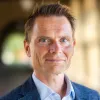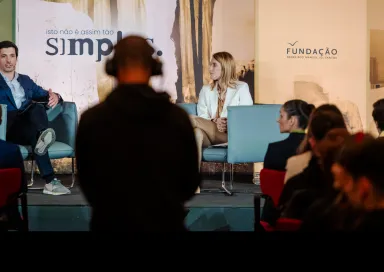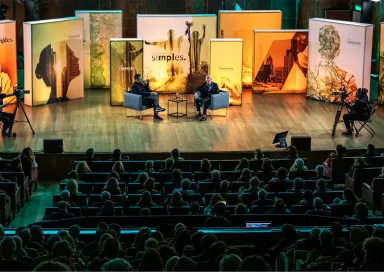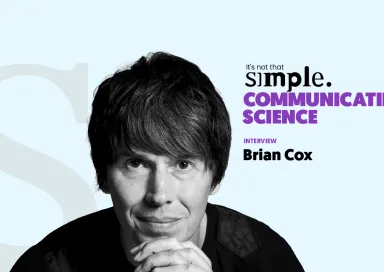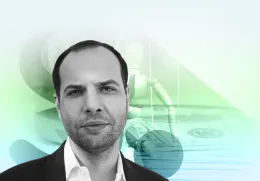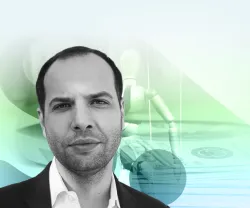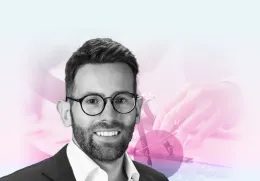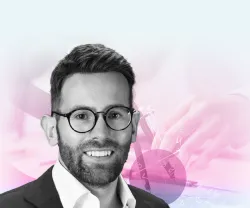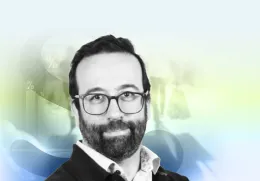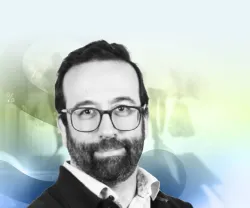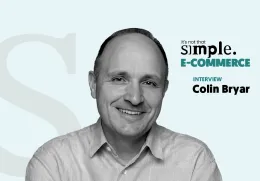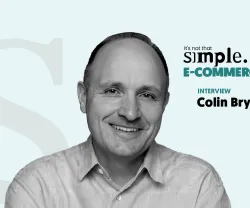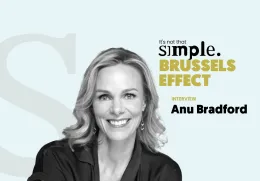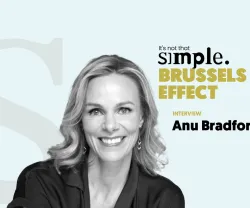How do we measure and assess productivity? What impact does remote working have on productivity? And what about artificial intelligence? In this episode of It’s Not That Simple, UK economist and remote work specialist Nicholas Bloom explores the dilemmas of modern management.
At the start of the 20th century, in coal mining yards, «it was enough to count how many shovelfuls a worker dug per hour». Today, aside from a few exceptions (such as call centres), these kinds of metrics are no longer suitable for measuring productivity in an increasingly tech-driven world.
Using Google as an example, the William Eberle Professor of Economics at Stanford University explains how measurement formulas have become far more diffuse and complex. Companies like Google measure productivity by analysing «the number of new apps or products delivered, the teams involved in development, the hours spent to complete production... and even then, it’s far from ideal», he says. «Measuring productivity is extremely difficult in the digital era».
Bloom contends that explaining why some countries remain less productive is far more straightforward: working hours or remote work are not the issue – rather, the issue is management.
«Working from home two days a week doesn’t reduce productivity. Plus, it affords companies a significant advantage: employees are less likely to quit, and high employee turnover is a big expense», he explains.
Having conducted comparative studies of management practices across different sectors and countries, Bloom highlights the effectiveness of North American companies’ strategic aggressiveness: «They measure everything, set ambitious targets», and reward results quickly. In Portugal, he notes, this is not the case.
But solutions do exist, and the economist offers several for Portuguese business leaders to consider. However, one vital solution lies outside companies’ control: reducing market regulation. Bloom believes that «the government should be like a football referee», establishing the rules of the game but refraining from excessive intervention.
According to the winner of the Econometric Society’s Frisch Medal, competition is the driving force behind productivity within this open-market model: «The US remains the most productive country in the world because it has highly competitive markets».
And what about the future? While the outlook may not look promising for the younger generation and their career prospects, Bloom believes AI could hold the key to a new leap in productivity. «Productivity has slowed over the last 50 years. It’s like an apple tree from which we have already picked all the low-hanging fruit, and only the harder-to-reach ones at the top are left». Could AI be the new orchard?
Nicholas Bloom's work
Nicholas Bloom's X account
«Go ahead, tell your boss you're working from home», TedXStanford by Nicholas Bloom
Only in portuguese:
«Como será o futuro do teletrabalho?», Da Capa à Contracapa (FFMS)
«O que é a produtividade?», [IN]Pertinente podcast (FFMS)
«Os mitos da produtividade», [IN]Pertinente podcast (FFMS)
Infografia: «Onde pára a produtividade?» (FFMS)
«Sobre o Futuro do Trabalho», de Pedro Portugal (FFMS)
63

Big issues, big names in a new programme dedicated to interviews with international personalities from the world of politics, economics and society. These conversations with special guests, conducted by journalist Pedro Pinto, aim to simplify and help demystify some of today's most important issues. Every month, on the Foundation's website.
